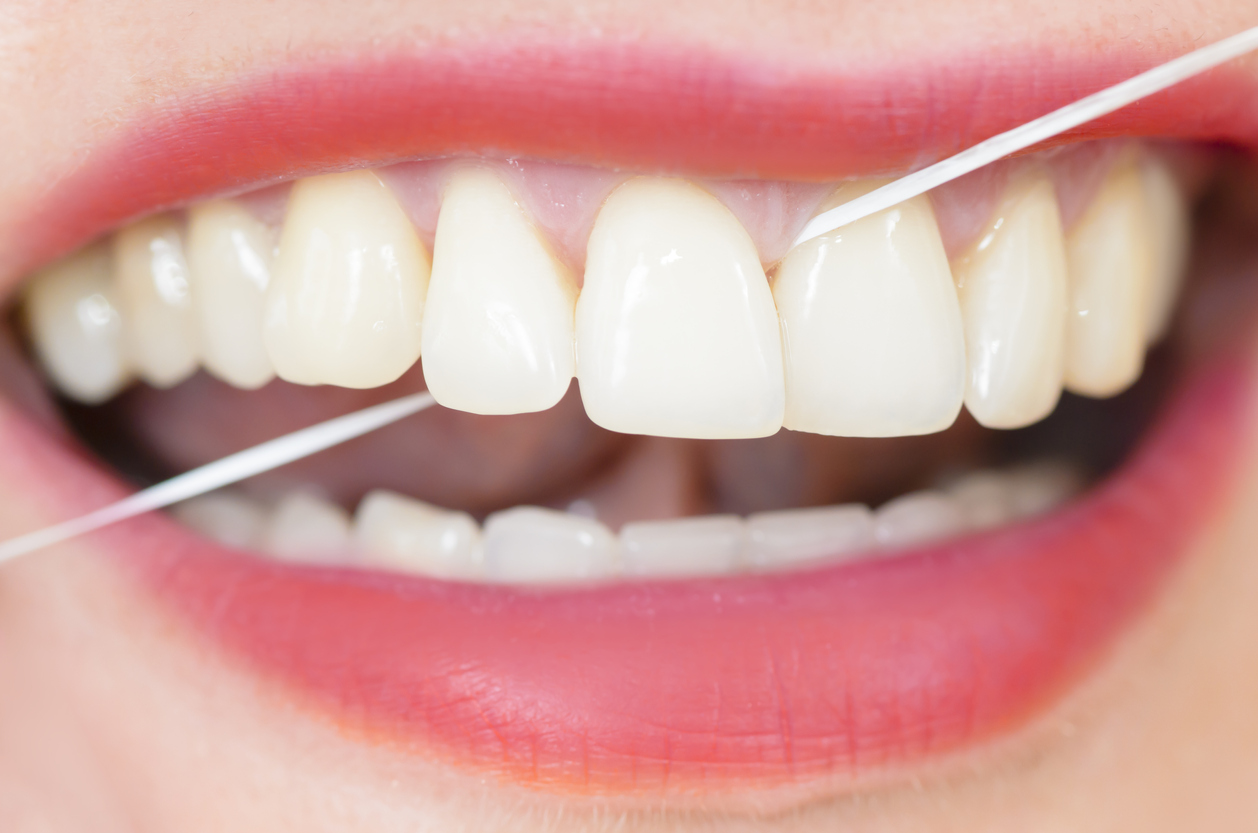Oral health is an important part of your overall health and wellness. When you think about oral health, you most likely think about your teeth. But the health of your teeth is only part of oral health. Gum health is also important, as the teeth and gums must work together.
The gums are the support structure for your teeth. They are the connective tissue between the teeth and the jaw. When your gums are healthy, they are able to adequately hold your teeth in place and protect the roots of your teeth. But unhealthy gums can be a serious problem. Periodontal disease, the official name for gum disease, can lead to oral health issues and be detrimental to your overall health.
How can you prevent gum disease? Here are 7 ways to keep your gums healthy.
- Brush your teeth. Dentists recommend brushing your teeth a minimum of twice a day. Brush once in the morning after breakfast and once at night before you go to bed. Thorough brushing removes plaque from your teeth, preventing it from infecting your gums and causing gum disease. The very best thing you can do for your mouth is to go to sleep with it as clean as possible
- Floss your teeth. Flossing is just as important as brushing your teeth. Dentists recommend flossing your teeth a minimum of once a day. The best time is when you brush right before bed. Flossing removes plaque from between your teeth and in the spaces between your teeth and gums. It also helps to strengthen your gums, making them more resilient to irritation and infection.
- Go to the dentist regularly. Besides taking care of your teeth and mouth at home, it is important to go to the dentist every 6 months for professional cleanings and exams. Dental cleanings remove plaque that builds up on the teeth and under the gums over time, including plaque that has hardened into calculus and can only be removed with special dental tools. Dental exams also detect cavities and gum disease. This allows your dentist to treat things in the early stages before they progress. Scaling and root planing procedures can be done to help treat and prevent gum disease if necessary.
- Use quality toothpaste. In addition to brushing your teeth, you should also be careful when choosing toothpaste. In most cases, it’s recommended that the toothpaste you use contains fluoride and is approved by the ADA (American Dental Association). If you’re not sure what toothpaste to use, ask your dentist for a recommendation.
- Avoid constant snacking and sipping. Your eating and drinking habits can definitely affect your gum health. If you constantly snack or sip on beverages throughout the day, you are feeding the bacteria in your mouth and allowing it to overpopulate. Your mouth needs time to recover between eating and drinking to build up necessary enzymes that protect your teeth and gums. Sipping on water throughout the day is fine, but other beverages and snacks should be consumed in one sitting. After eating or drinking it’s best to rinse your mouth with water.
- Avoid smoking, vaping and tobacco products. All of these products have many negative effects on your health, and oral health is one of them. Smoking restricts the blood flow to your gum tissue, making it more susceptible to infection and irritation. Chewing tobacco, vaping and other tobacco products have a similar effect.
- Use mouthwash. Mouthwash does not reduce the need for brushing and flossing but it can help reduce the amount of bacteria in your mouth that causes gum disease. Mouthwash also gets into the small spaces in your mouth that you may miss with your toothbrush or floss.
Creekview Dental Provides Regular Cleanings and Gum Care
Going to the dentist regularly is important to your gum health. If you have dental insurance, your plan should help pay for regular dental cleanings and exams. If you don’t have insurance, routine dental appointments are affordable. Creekview Dental accepts most dental insurance providers and offers financing options to make dental care more affordable.
Call 651-738-8204 or contact us today to schedule an appointment.

